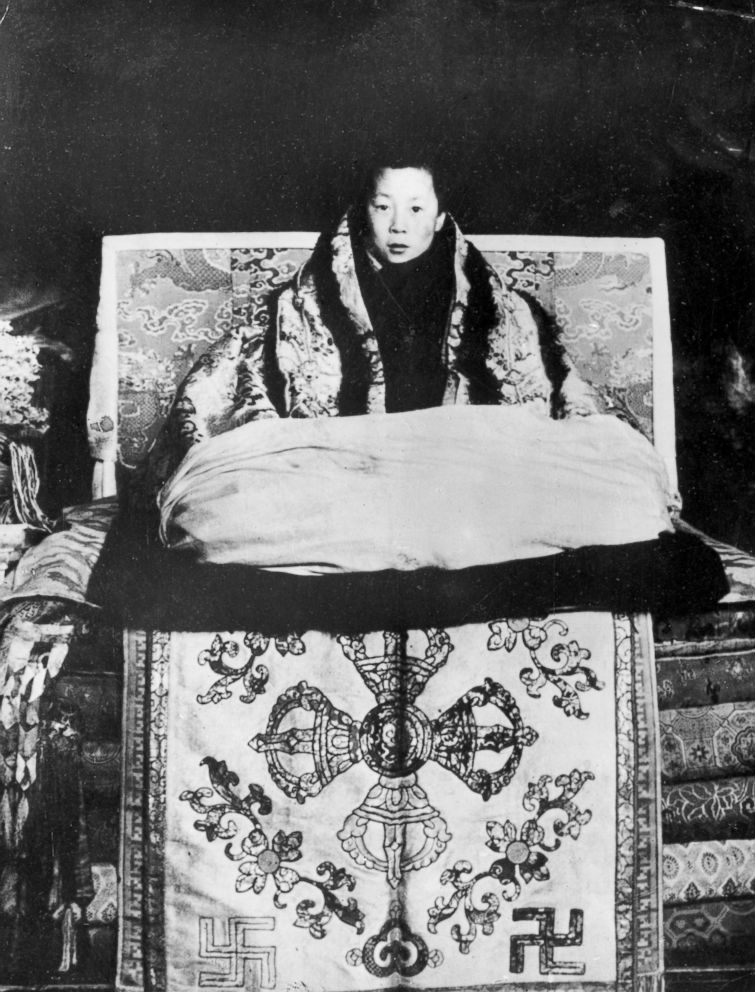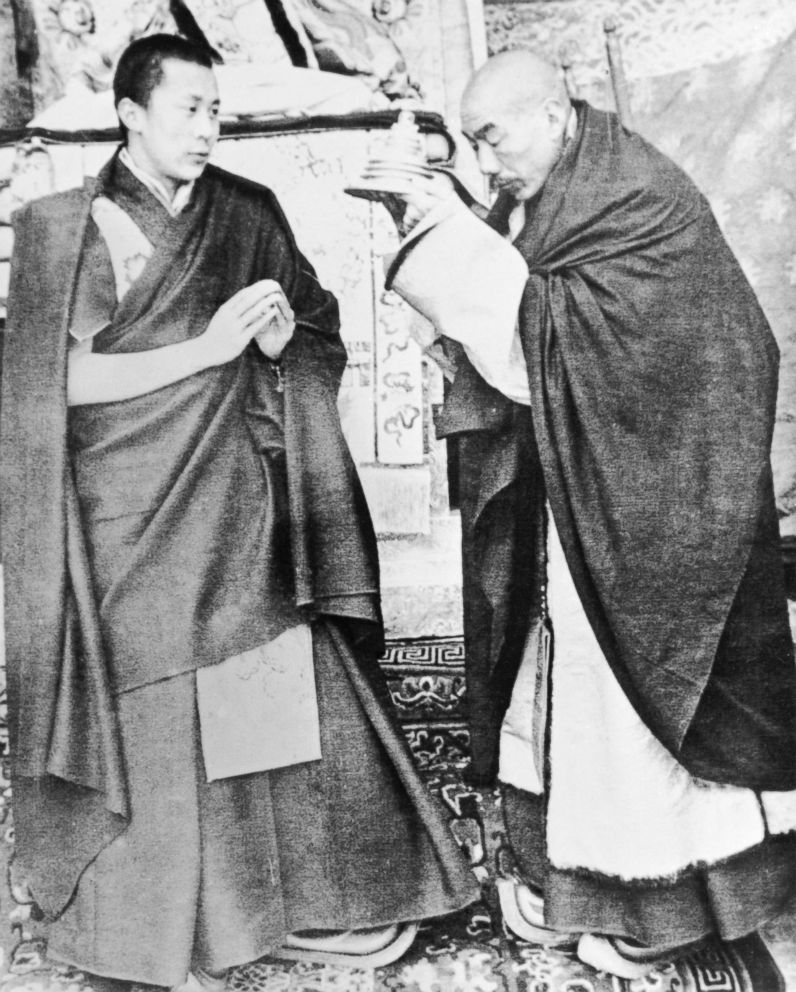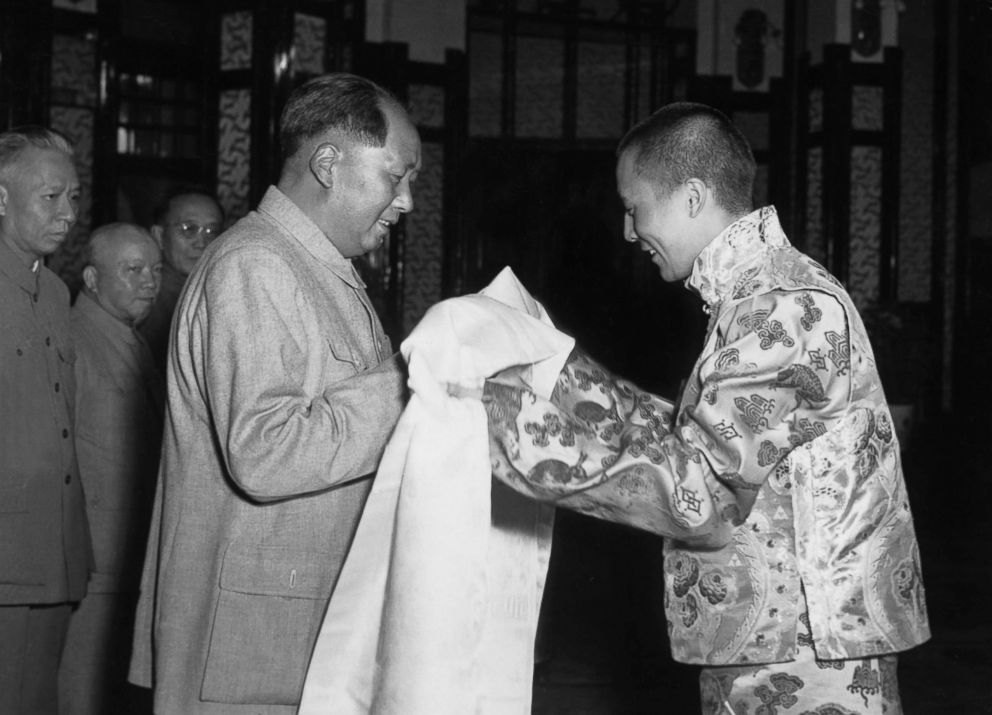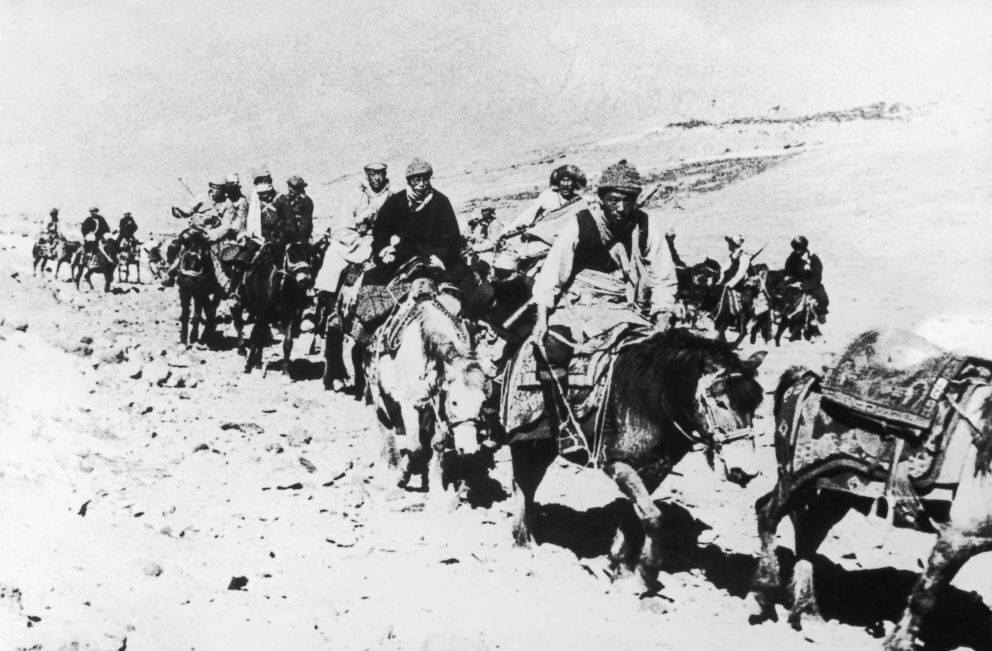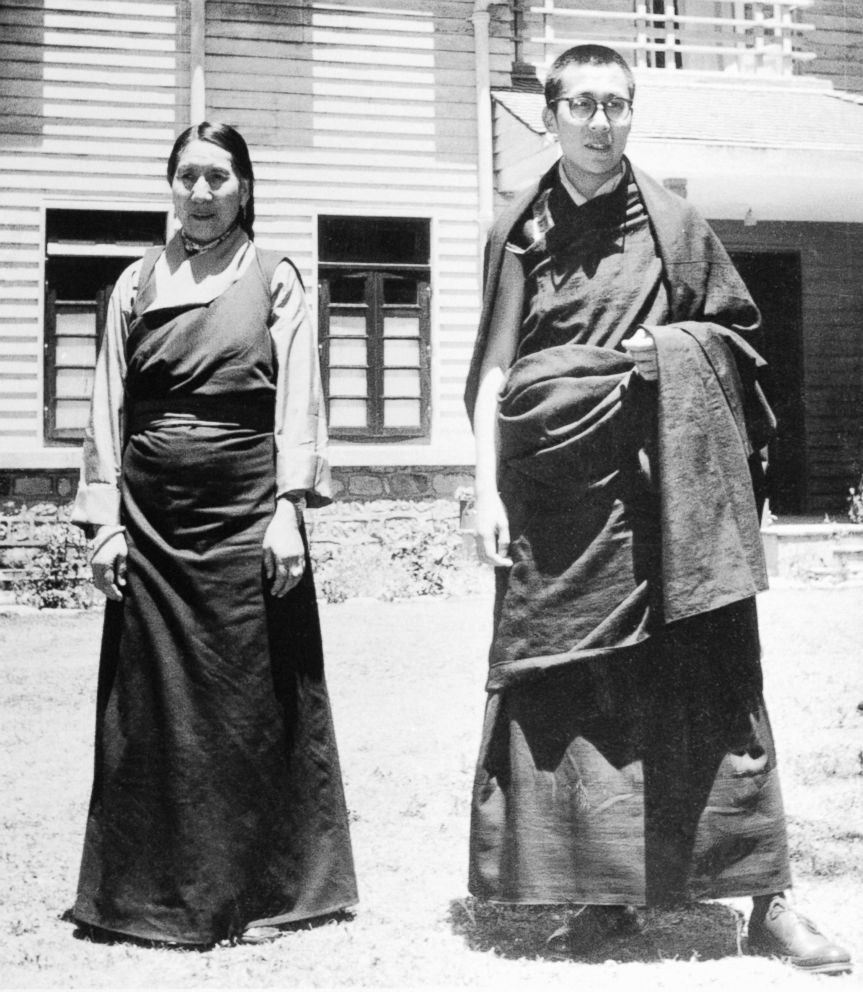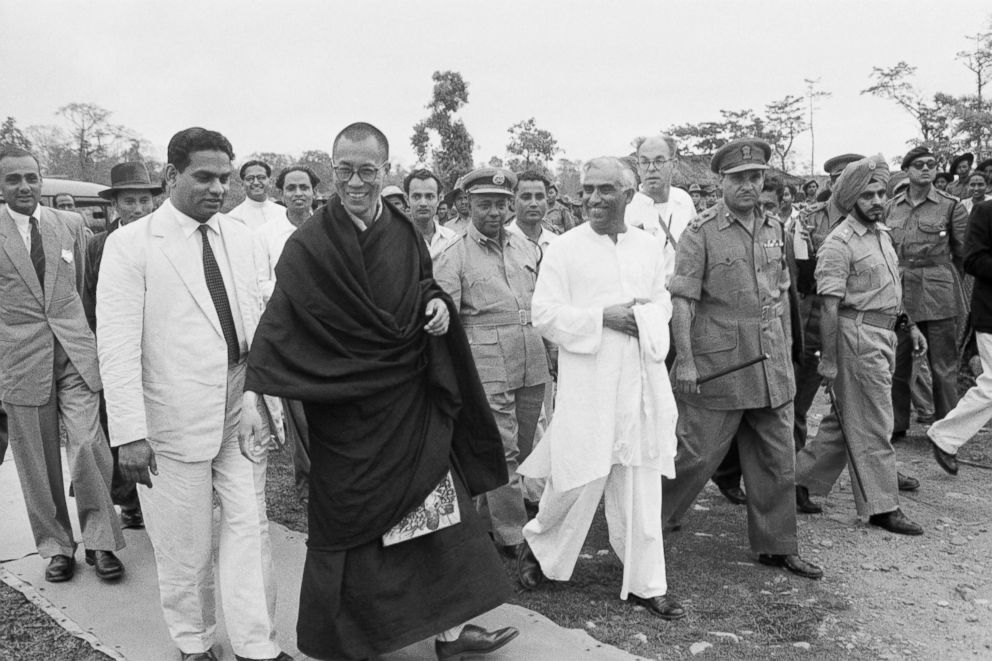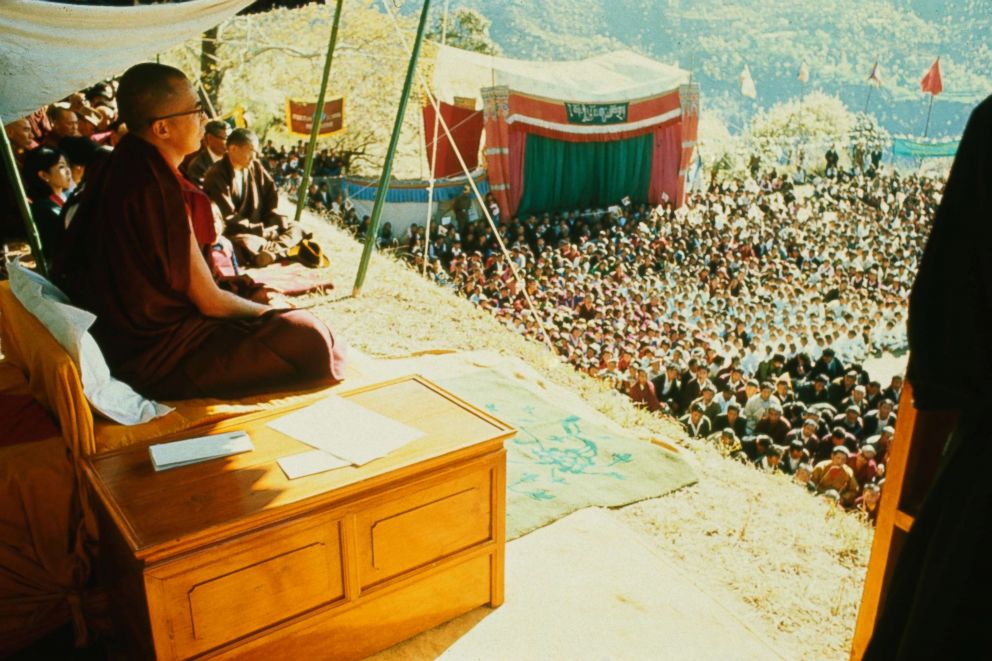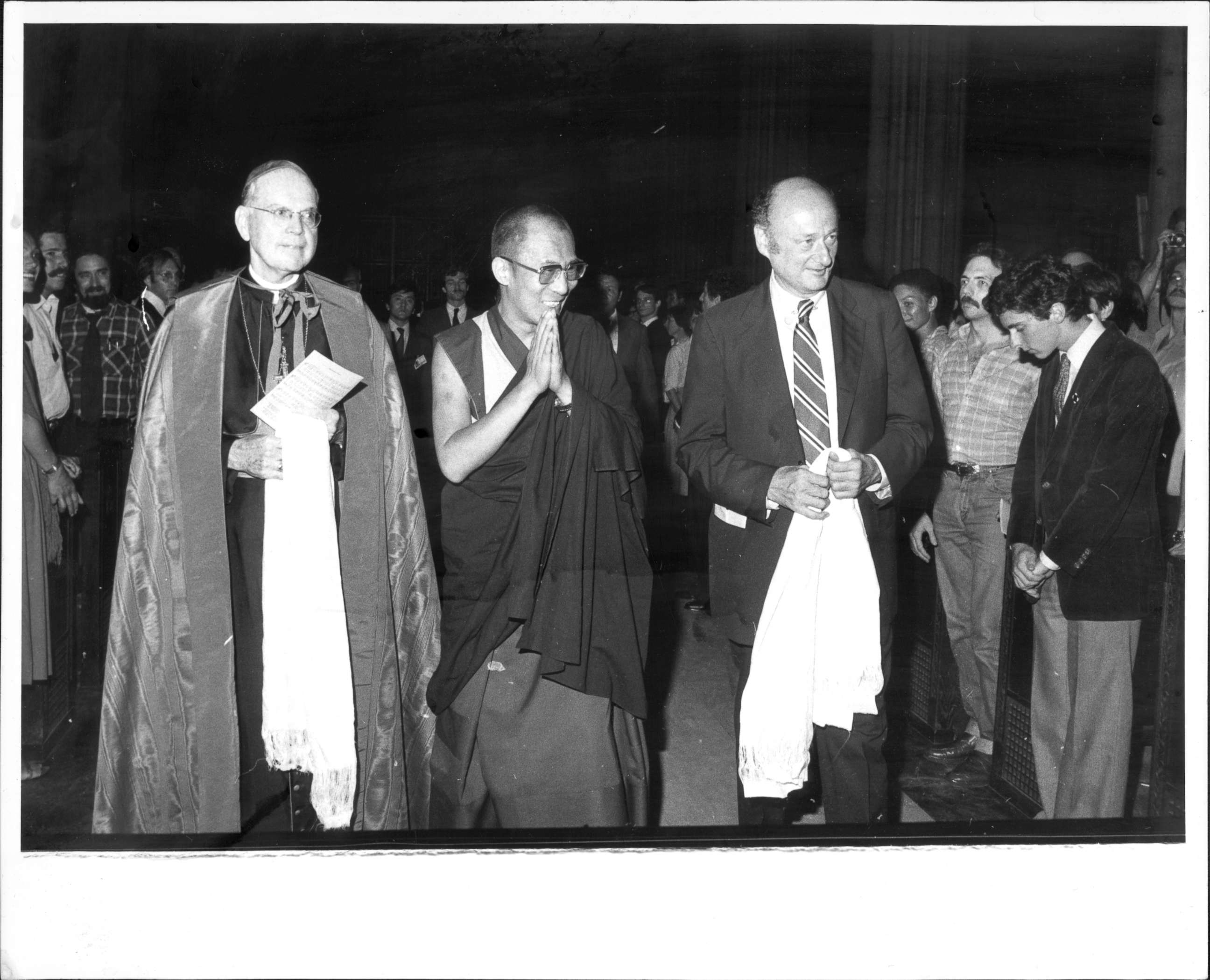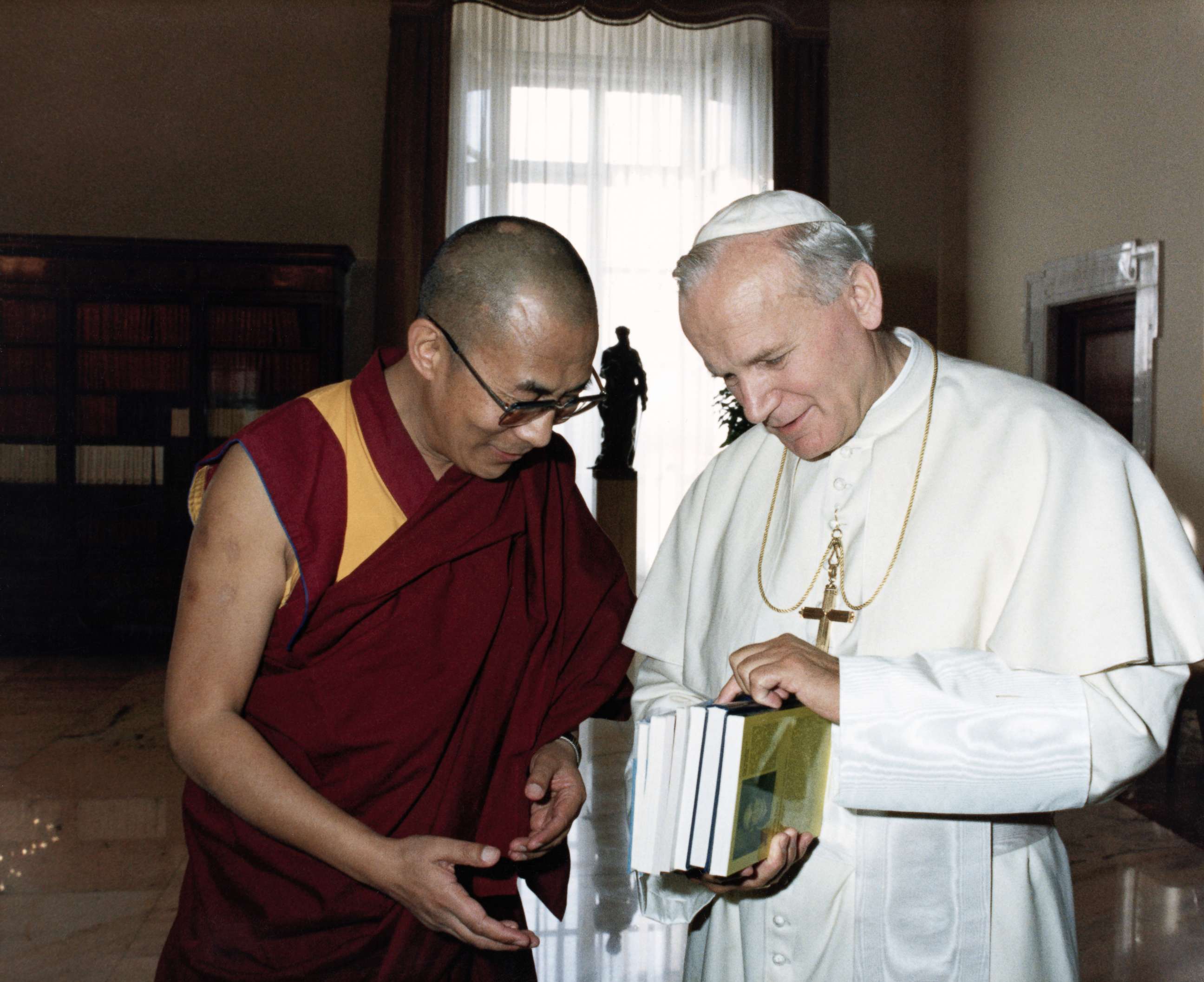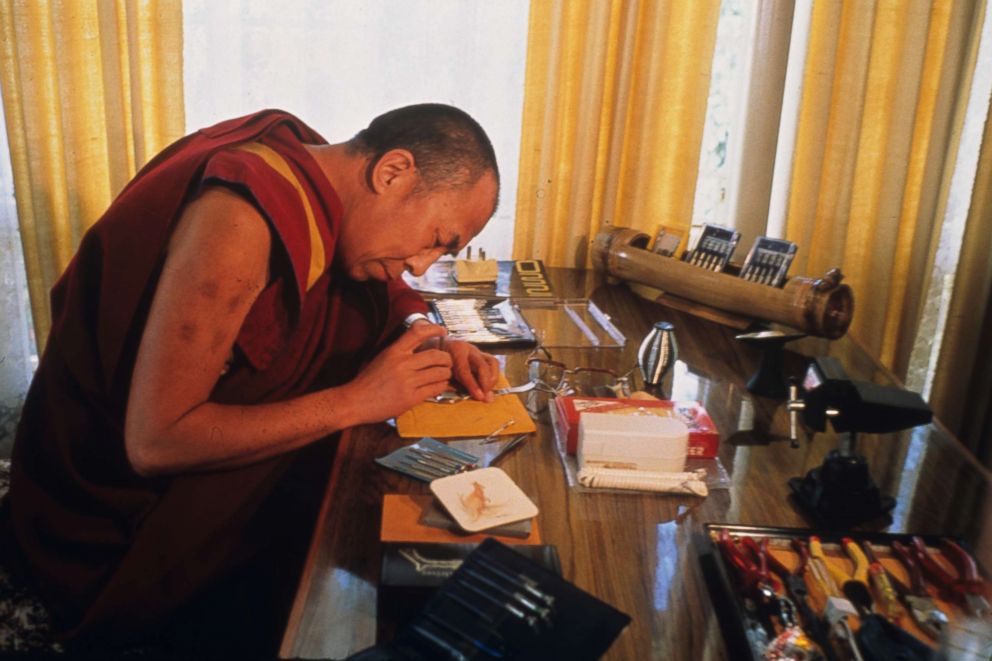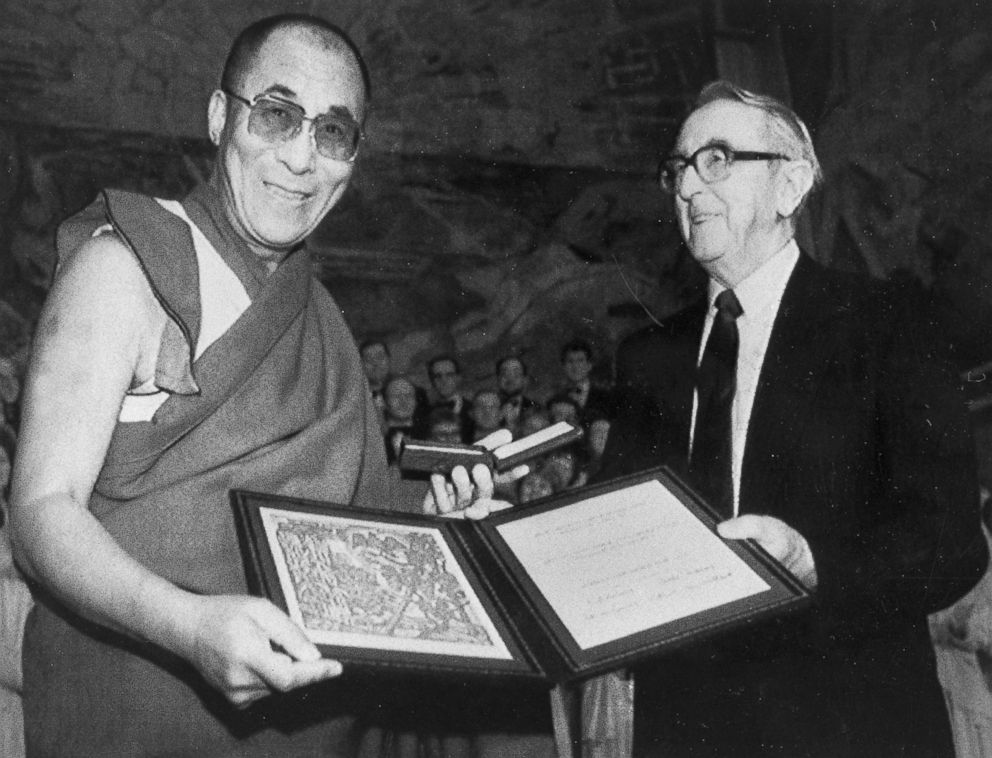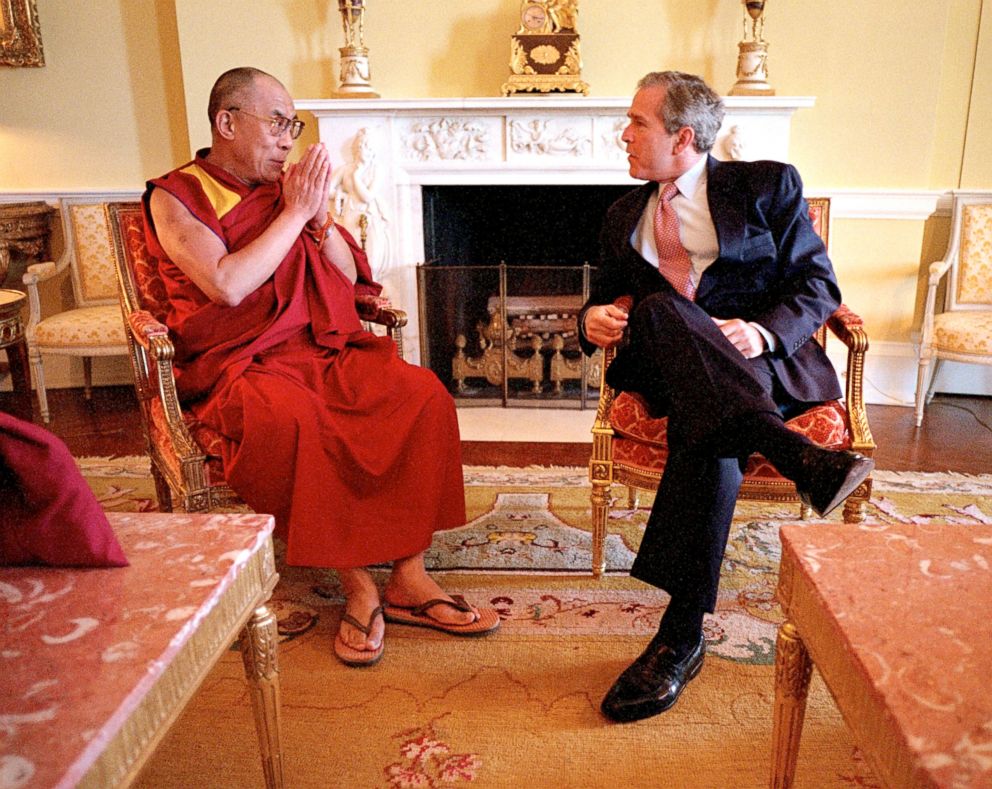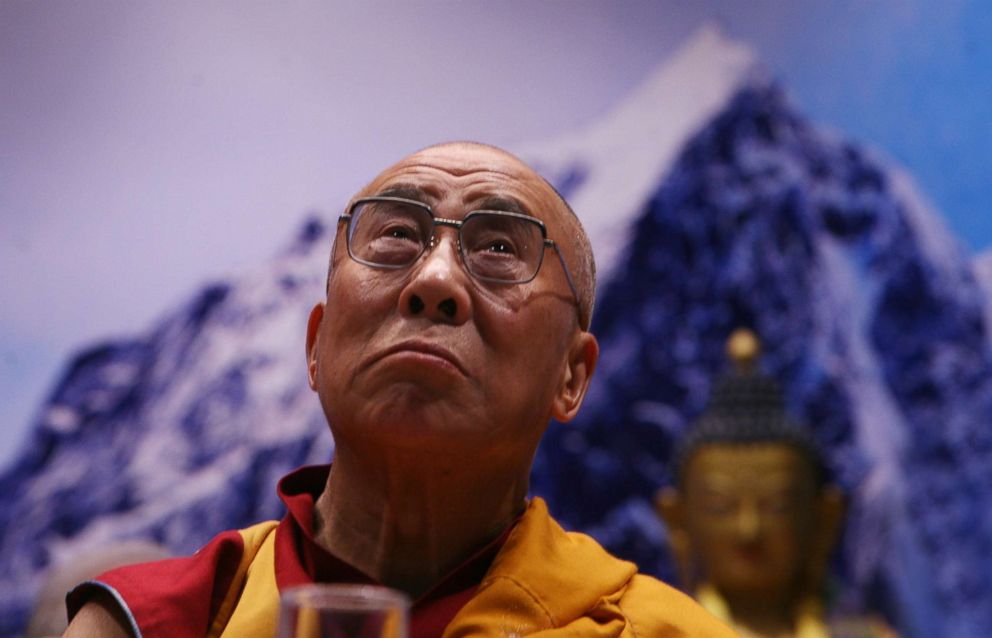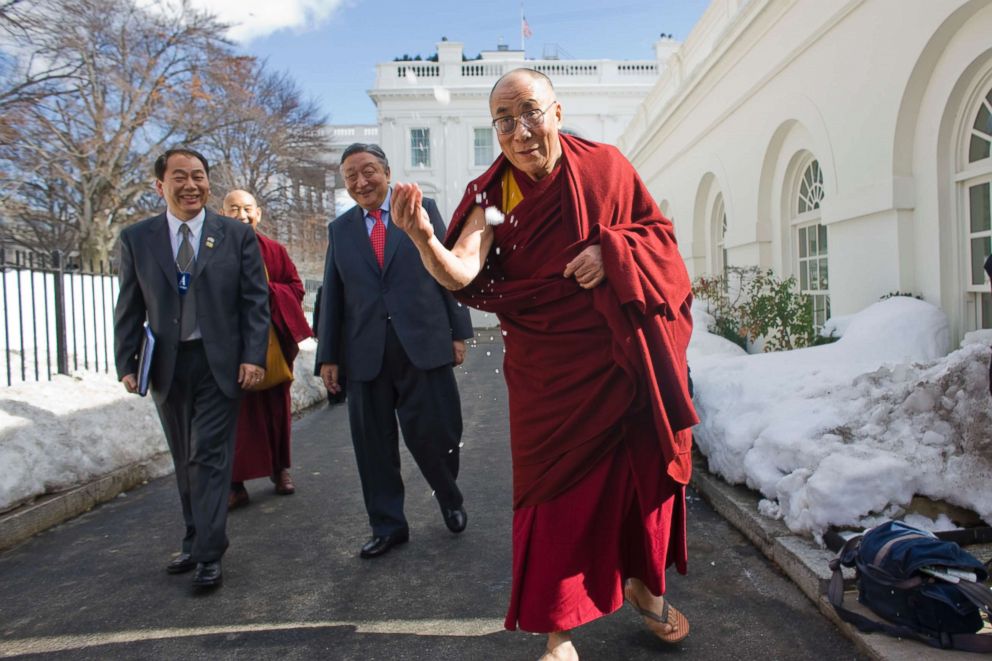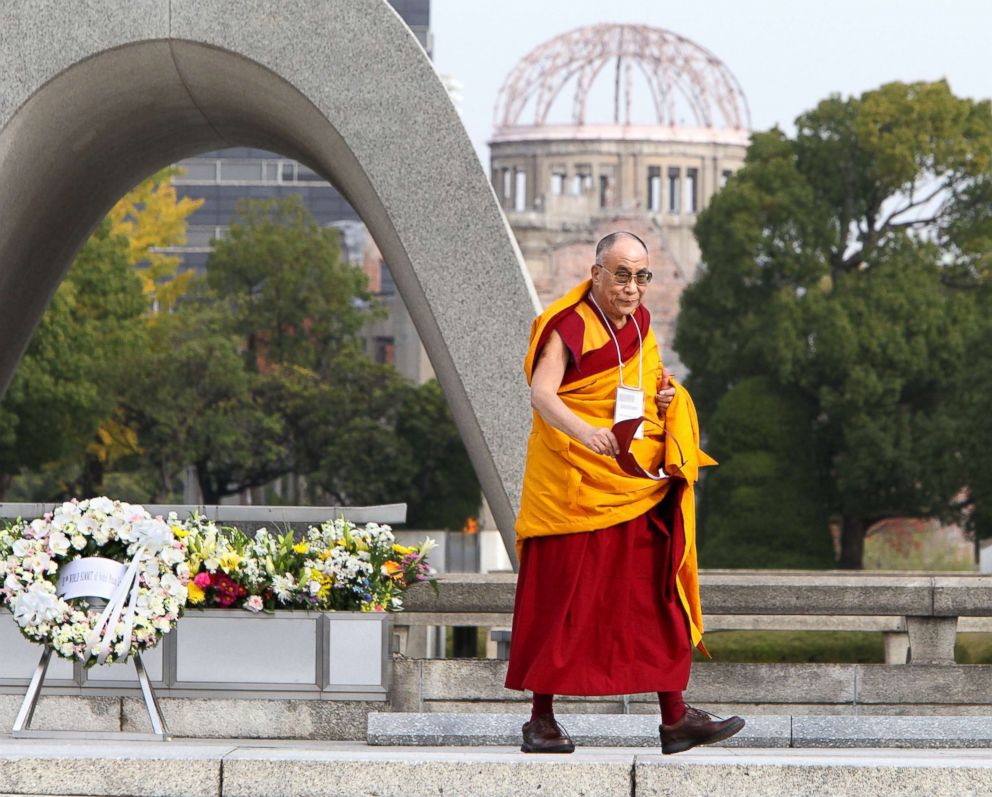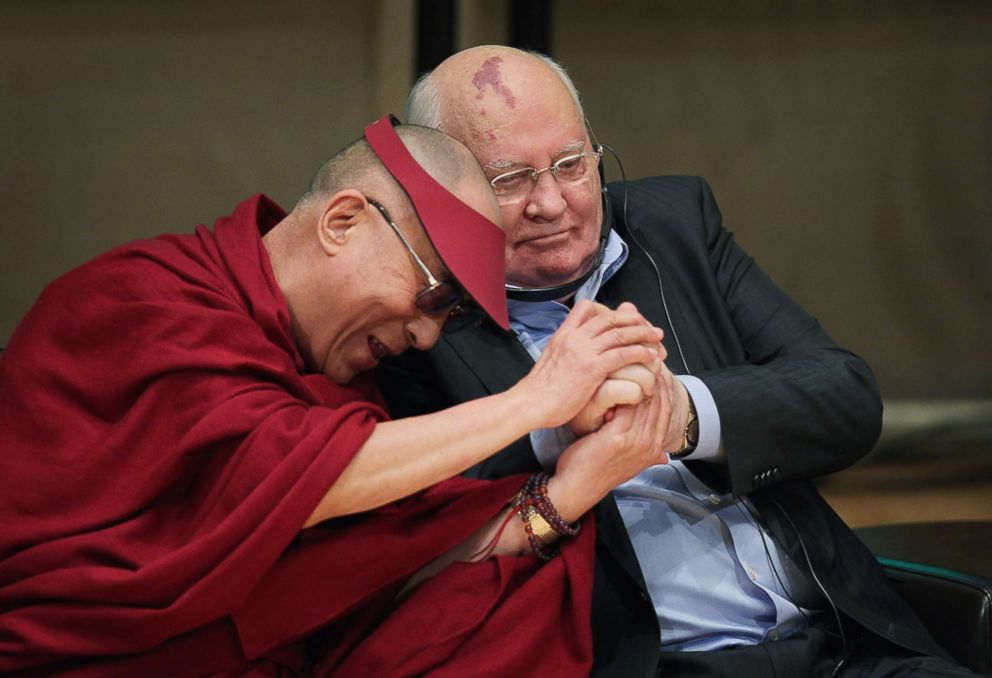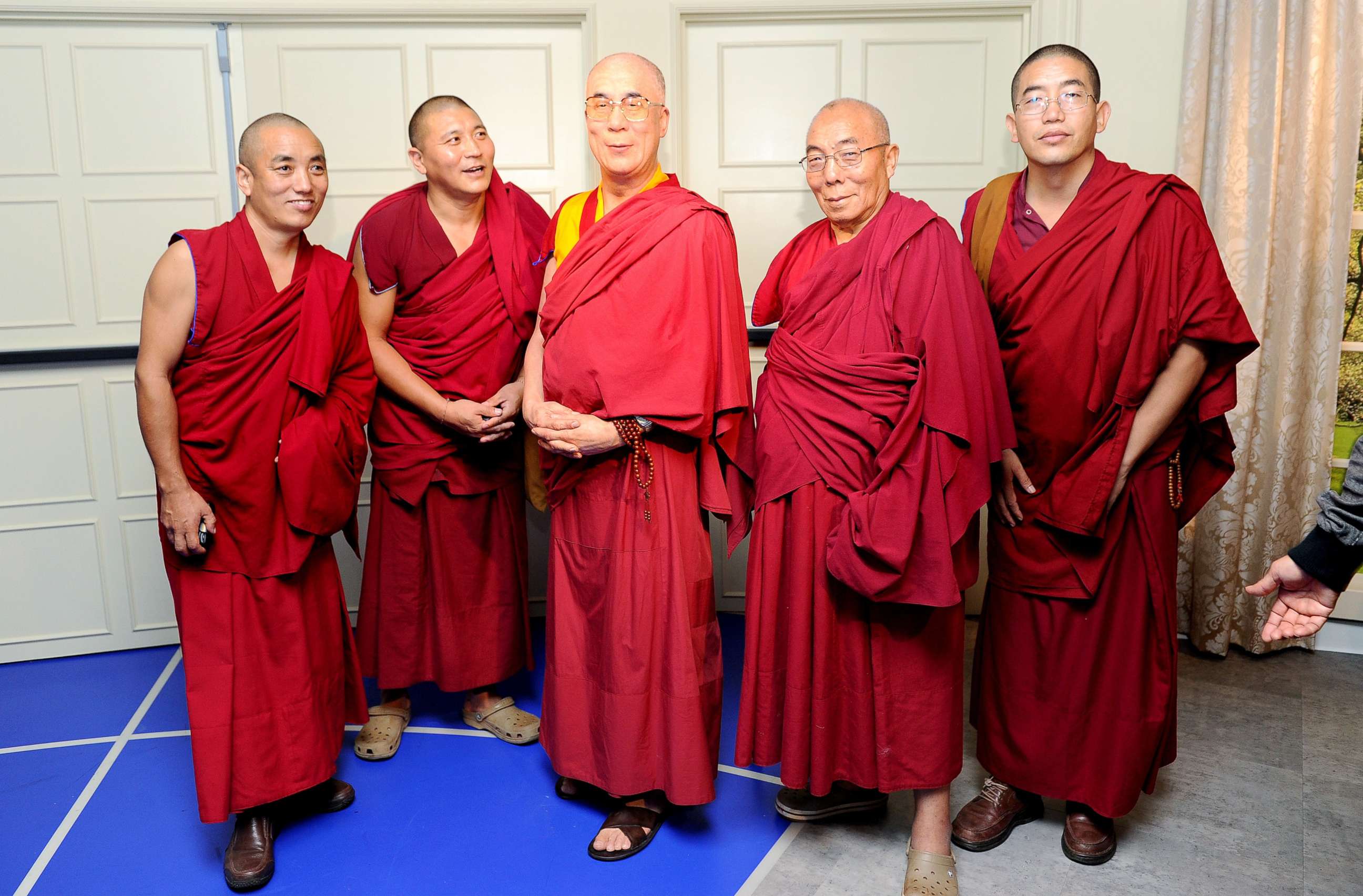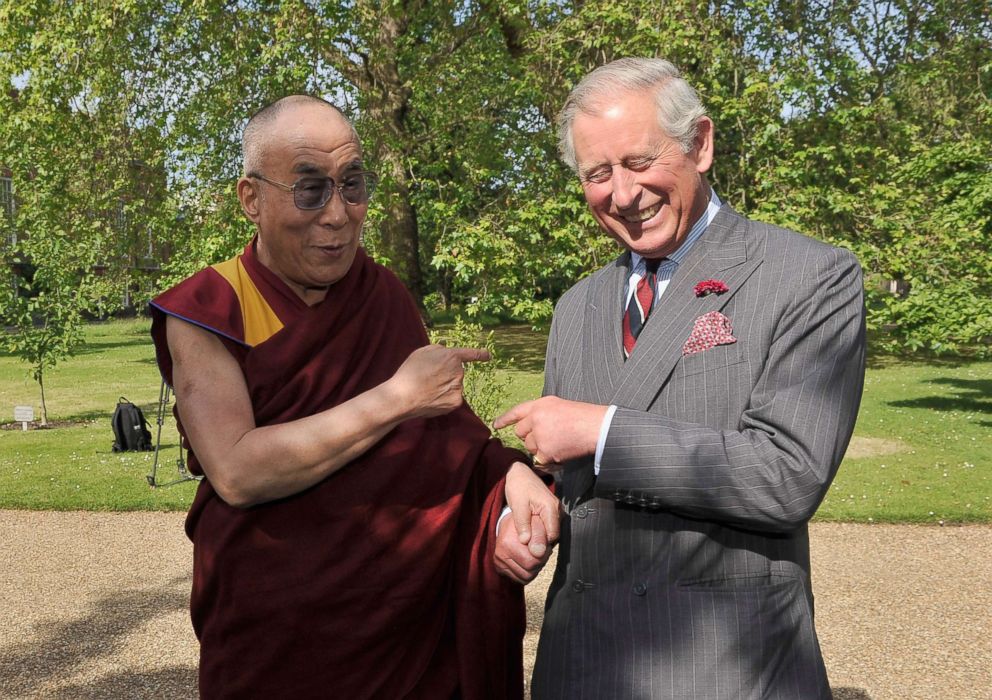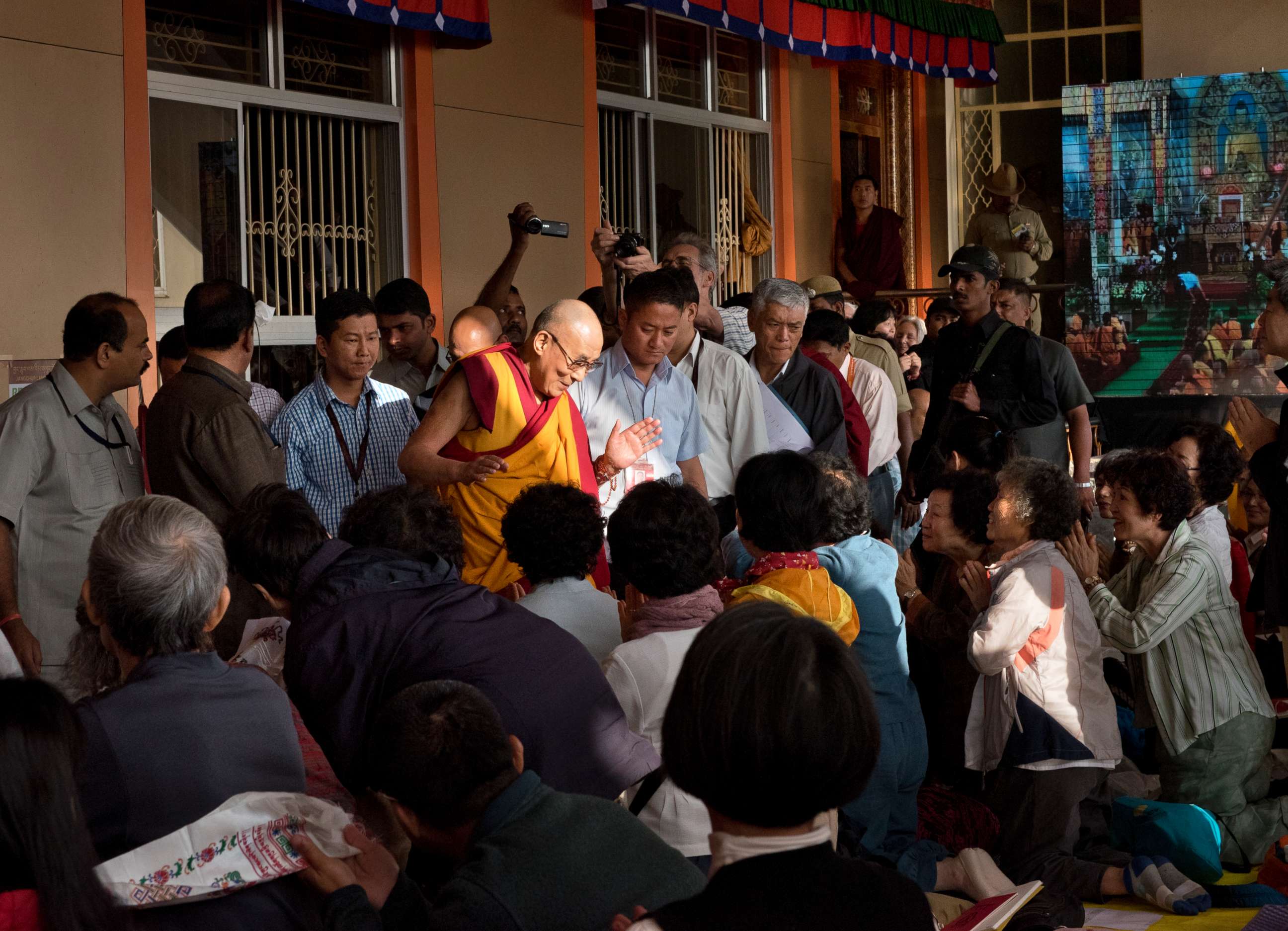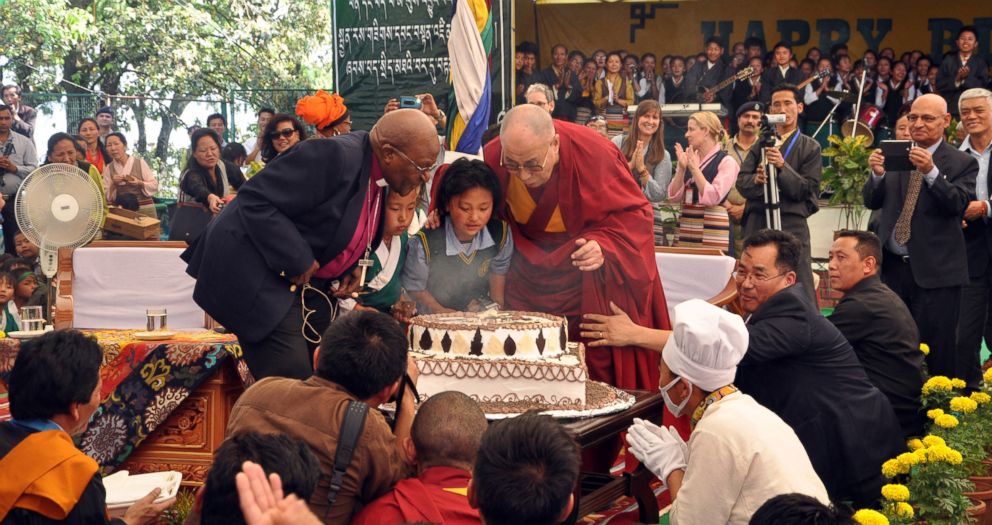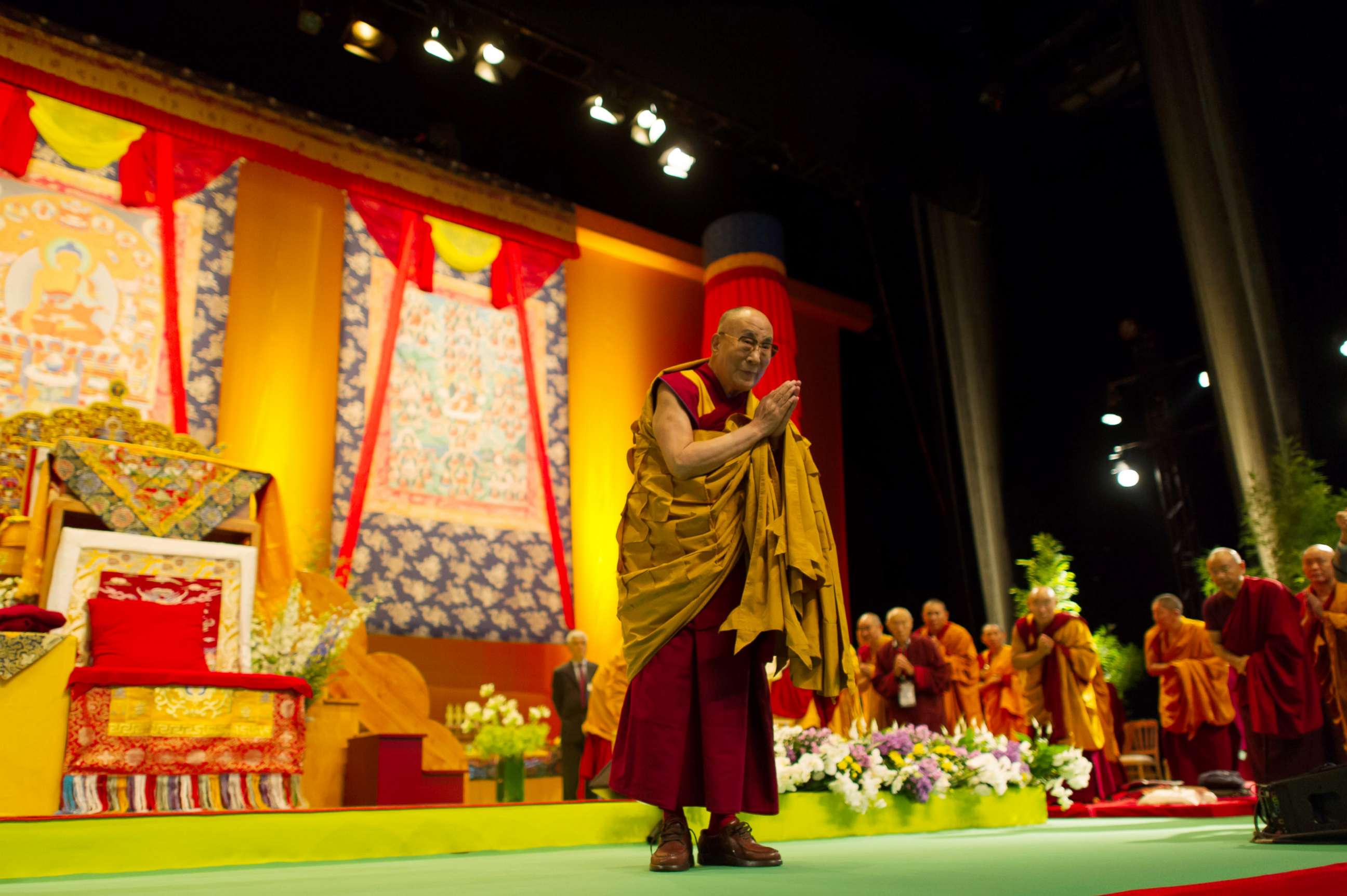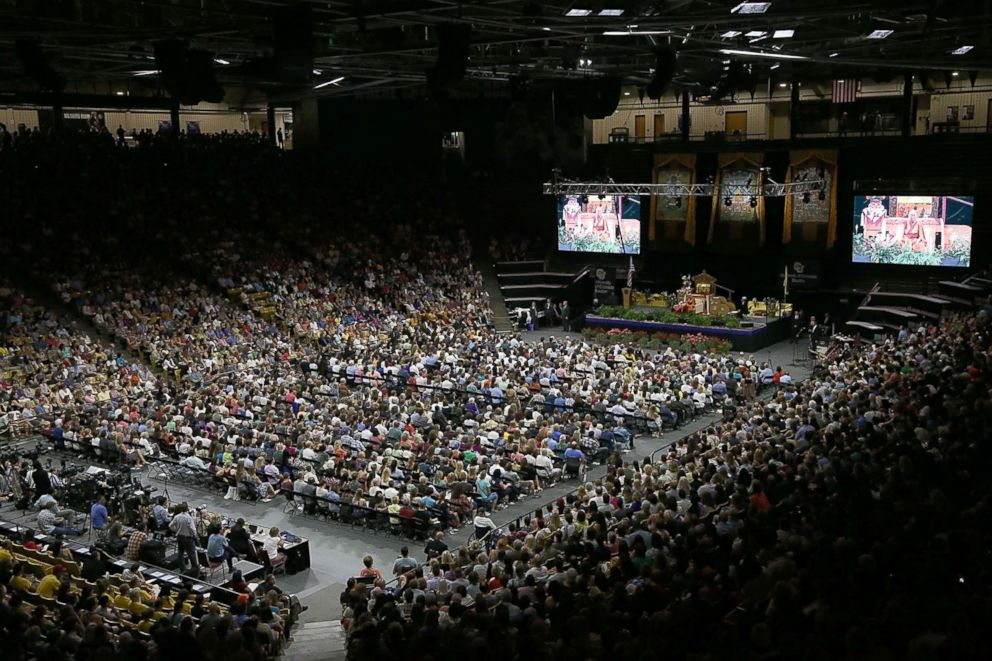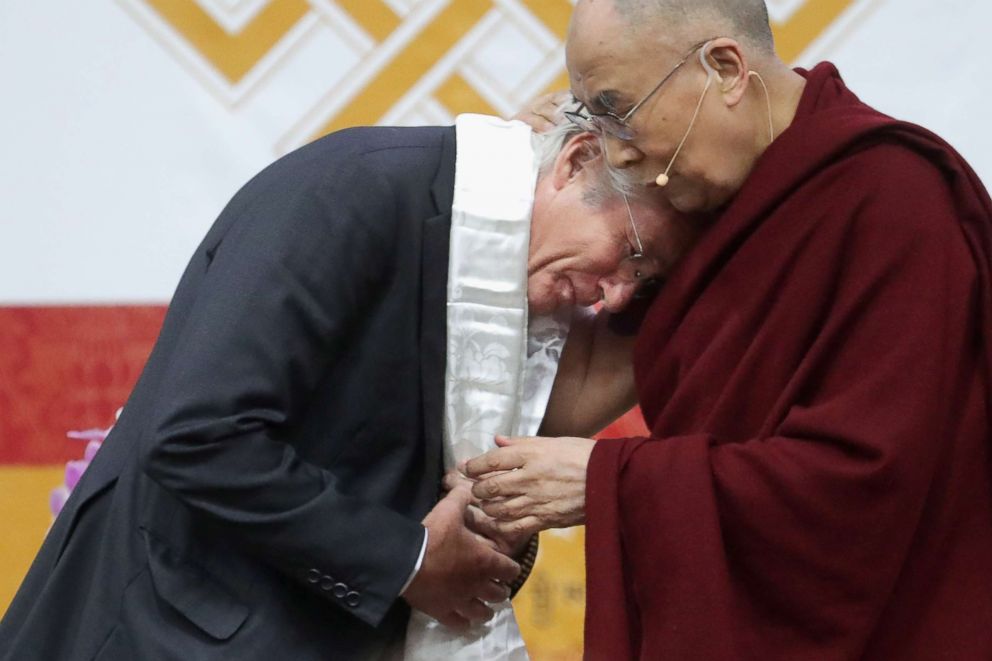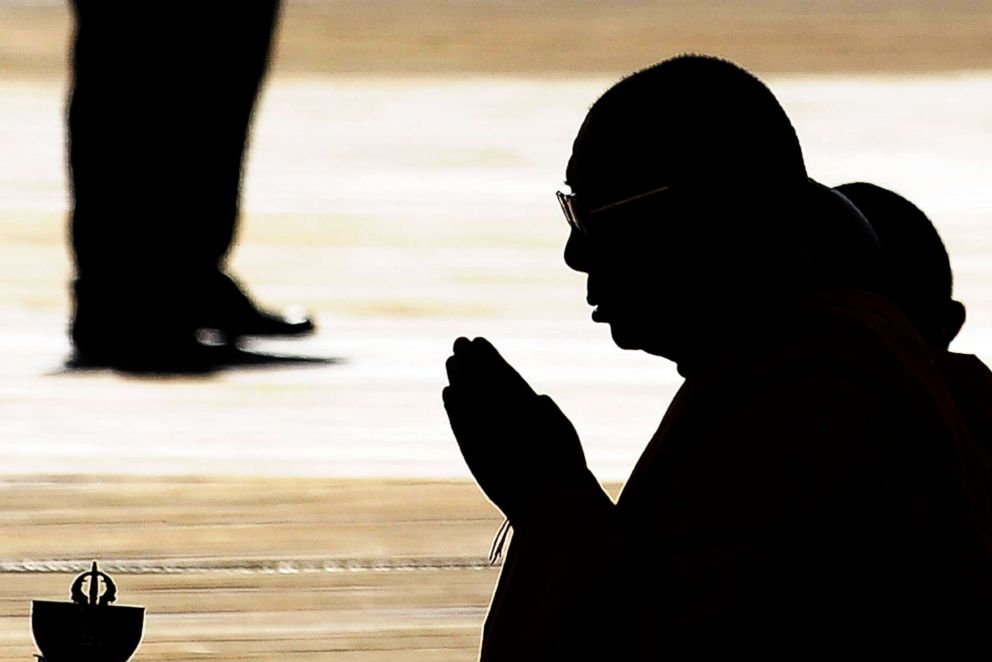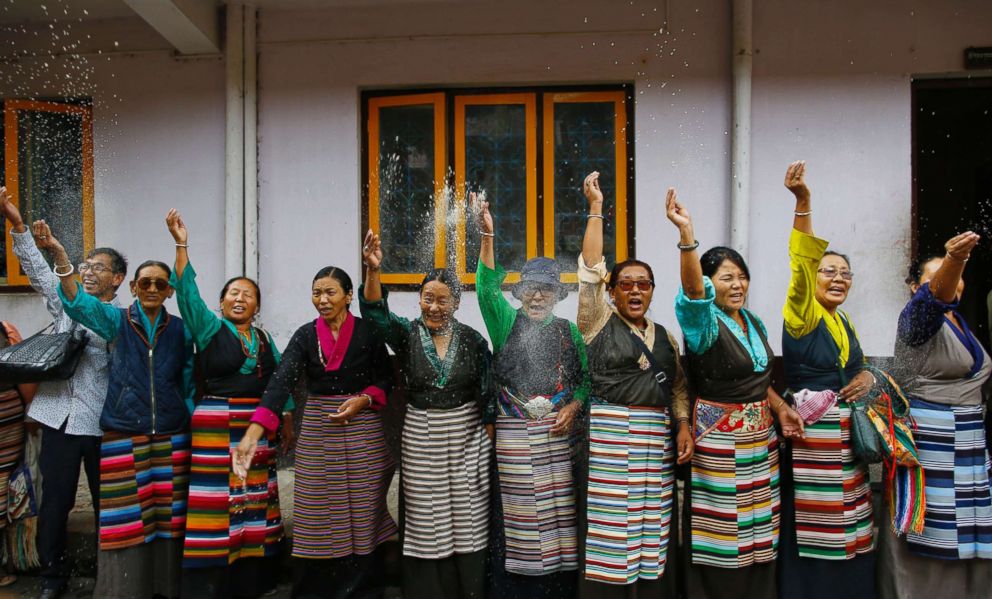The Dalai Lama's simple advice to navigating COVID-19 isolation
“This [virus] will change basic human nature,” said the spiritual leader.
As millions of people around the world continue to live with quarantine lockdowns, stay-at-home orders and other similar restrictions during the ongoing COVID-19 pandemic, the Dalai Lama is no exception.
His Holiness, who spoke with ABC News' Dan Harris for "Nightline" and his ABC News podcast, "Ten Percent Happier," said he has spent the past few months insolation "in order to protect" himself.
"Usually I [am giving] some lecture and some teaching from time to time, now [I] no longer [have] the opportunity," said the Tibetan spiritual leader.
While in isolation, the Dalai Lama said he watches "1 hour or 2 hours" of television, he "sometimes is reading" and he'll do a daily online meditation for "4 or 5 hours."
"Very helpful," he said. In addition, he shared watching videos of “animals” have been a source of relaxation for him.
“Sometimes the animal, tigers or leopard, these-- sometimes [can be] a little bit uncomfortable. But deers and [similar animals are], very peaceful, very peaceful,” he said. “I found to look animal… you appreciate this your life.”
For those who are struggling with being in isolation or having a hard time managing the anxiety that goes along with adjusting to life around a global pandemic and restrictions, the Dalai Lama suggested doing meditation in the early mornings.
Even if "in the beginning" it starts with a 1-second mediation, he said, work your way up to "1 minute, 5 minutes, 10 minutes."
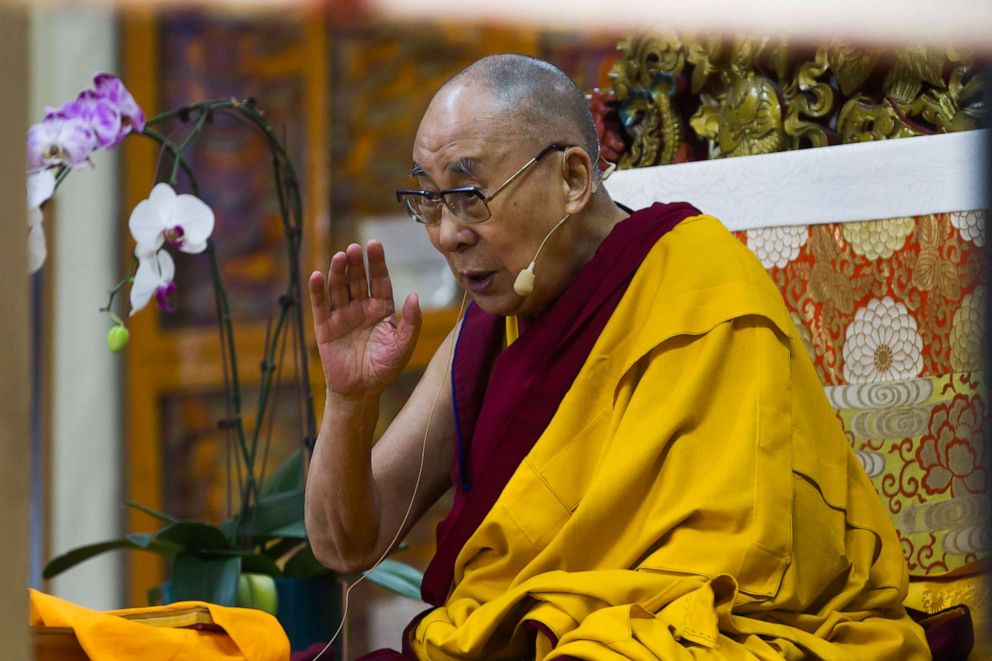
He also encouraged people to practice compassion towards one another and to "decay" their own "selfish interests" to build a community.
"Taking care [of] other[s] is actually taking care of yourself," His Holiness said. "To just take care of yourself is narrow, foolish, shortsighted. As much as you love yourself ... you should take care of [others] more."
The interview, which was conducted remotely over video, was set up through The Center for Healthy Minds at the University of Wisconsin - Madison.
Richard Davidson, a neuroscientist and the center's founder, has collaborated with the Dalai Lama for years on research studying the impact meditation can have on the human brain. Even as a spiritual leader, His Holiness believes it's important to have scientific research into meditation.
His Holiness the Dalai Lama through the years
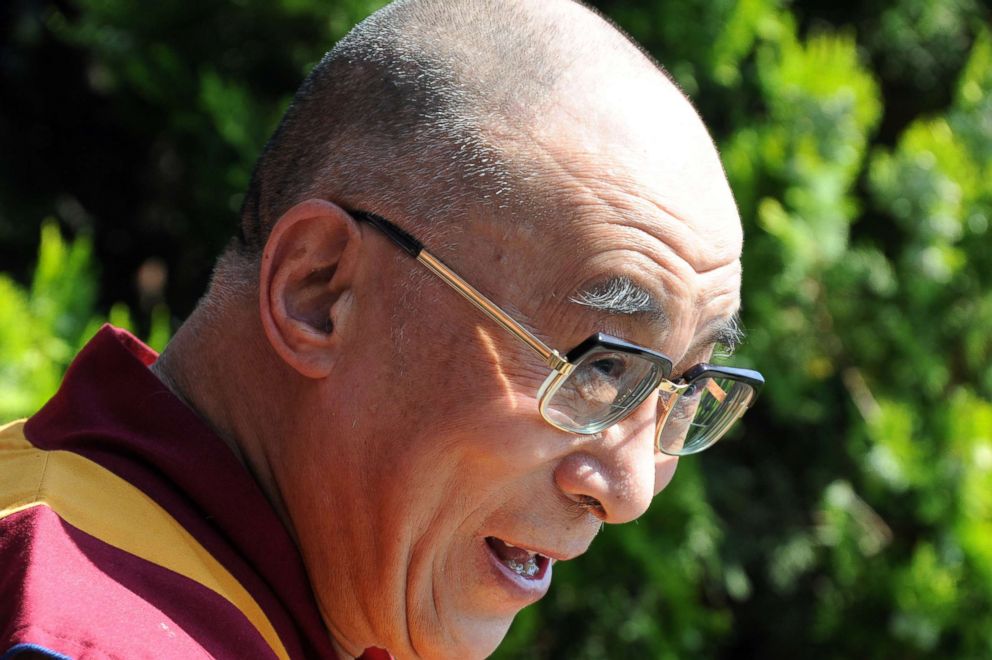
The novel coronavirus has now killed more than 345,000 people worldwide. The United States has become the worst-affected country, with more than 1.6 million diagnosed cases and at least 97,722 deaths.
Over 5.4 million people across the globe have been diagnosed with the disease, which is caused by the new respiratory virus, according to data compiled by the Center for Systems Science and Engineering at Johns Hopkins University. The actual numbers are believed to be much higher due to testing shortages, many unreported cases and suspicions that some governments are hiding the scope of their nations' outbreaks.
The first known cases of COVID-19 were detected in Wuhan, China, in December. The Dalai Lama, who has lived in exile in northern India since he fled from Tibet after a failed 1959 uprising against Chinese rule, said he believes this global pandemic "will change" China.
"I am always praying for one billion Chinese people to see -- [they] should enjoy more freedom and more religious freedom and practice study," the spiritual leader said. "You see a friendly sort of feeling here, that gives me more inner peace."
He added that he believes the virus "will change basic human nature."
The Dalai Lama said Trump’s expression of “America First” made him feel “a little uncomfortable.” He considers the U.S. to be the “leading nation of the free world,” and with that comes an opportunity to be a leader in reaching out and being kinder to other people and other countries, regardless of position or socio-economic status.
“If you think only [of] America and isolate yourself, then sometimes you feel … lonely,” His Holiness said. “Whether you’re this neighbor or that neighbor, if you feel a little bit of distrust [or] fear, then [you] will never be happy.”
"It's unrealistic," he continued, adding that we are social animals and each individual depends on their neighbor.
Now is the time, the Dalai Lama said, to have a "feeling of oneness and to come closer" to each other.
ABC News' Aude Soichet contributed to this report
